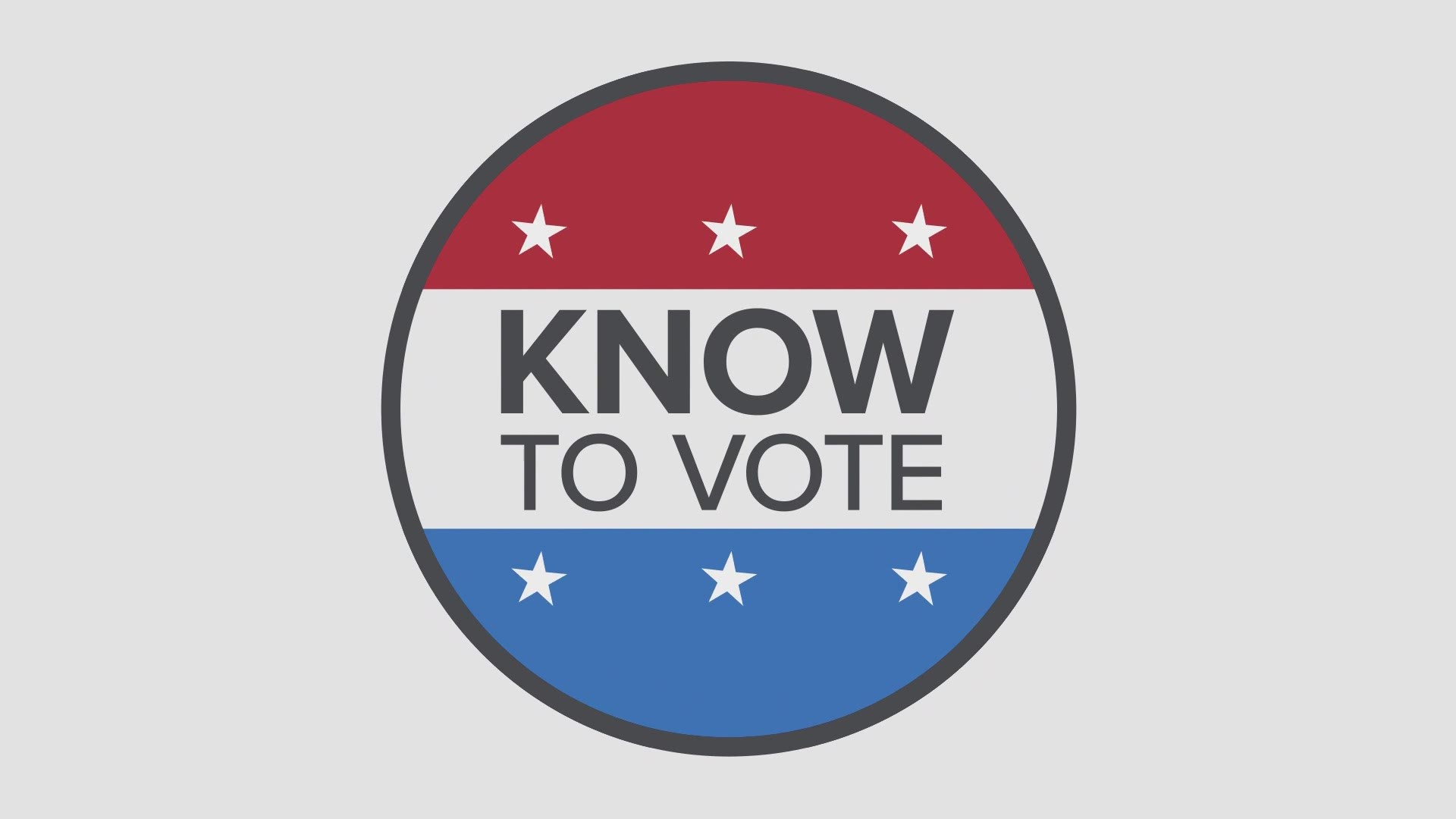ST. LOUIS — As the saying goes, “your vote, your voice.”
But voters who are voting by mail in Missouri might have to get one other person involved in their ballot: a notary.
A notary is someone who has studied and been certified by the state to act as an impartial witness and guard against fraud, often to certify signatures on legal documents.
“The notary is basically there to confirm certain facts then give their approval with their seal or embosser or whatever they choose to use,” said Chris Gardner, who became a notary public this year to assist in voting certification during a particularly confusing election year.
More people than ever are expected to vote by mail in the general election on Nov. 3. Most of those ballots will need to be notarized.
Here's how it works, step by step:
- Fill out the ballot at home. A notary is not supposed to assist in any matters related to completing a ballot.
- Put the ballot in the designated envelope, but do not sign the back of it.
- Take the ballot to a notary, who will check ID, such as a driver's license, to confirm identity.
- Sign the ballot in front of the notary, who must witness the signature in order to affix their seal to the envelope.
- Return the ballot before Oct. 27. If it’s an absentee ballot, return either by mail or in person at an absentee early voting location. If it is a mail-in ballot, return by mail.
Missouri law bans notaries from charging a fee to certify an absentee ballot. The new mail-in ballot, however, is not guaranteed the same, and notaries could technically charge up to $2.00 per signature for those ballots. Here is a list of people and workplaces are offering to certify all ballots by mail for free.
Some voters do not need to get their ballots notarized, including:
- Those who are confined because of an illness or disability or because they are caring for someone confined with an illness or disability.
- Those who have COVID-19 or are at high risk for contracting the virus.
Defined by the Missouri Secretary of State, “high risk” for COVID-19 includes those who:
- Are 65 years of age or older;
- Live in a long-term care facility licensed under Chapter 198, RSMo.;
- Have chronic lung disease or moderate to severe asthma;
- Have serious heart conditions;
- Are immunocompromised;
- Have diabetes;
- Have chronic kidney disease and are undergoing dialysis; or
- Have liver disease.
All other votes-by-mail must be notarized to count.

